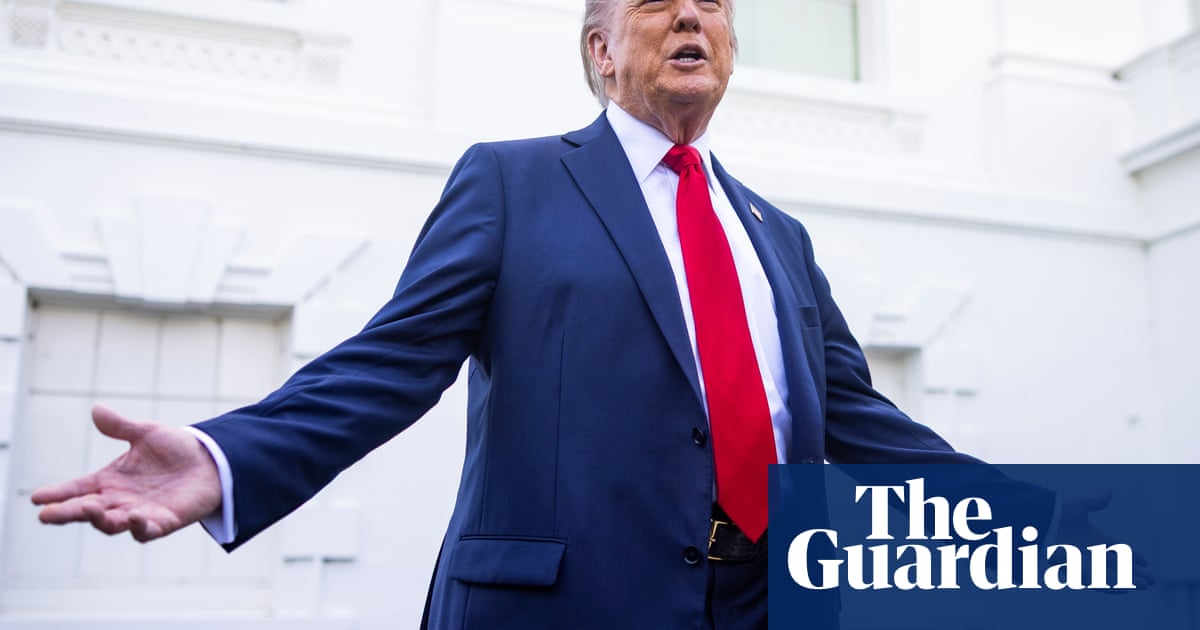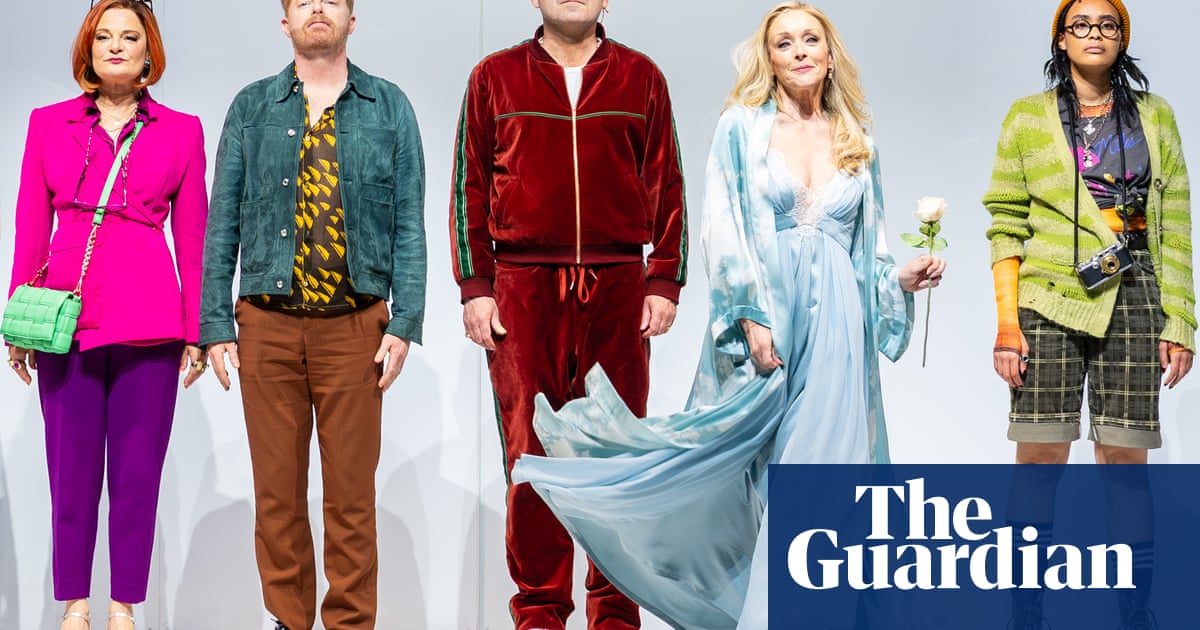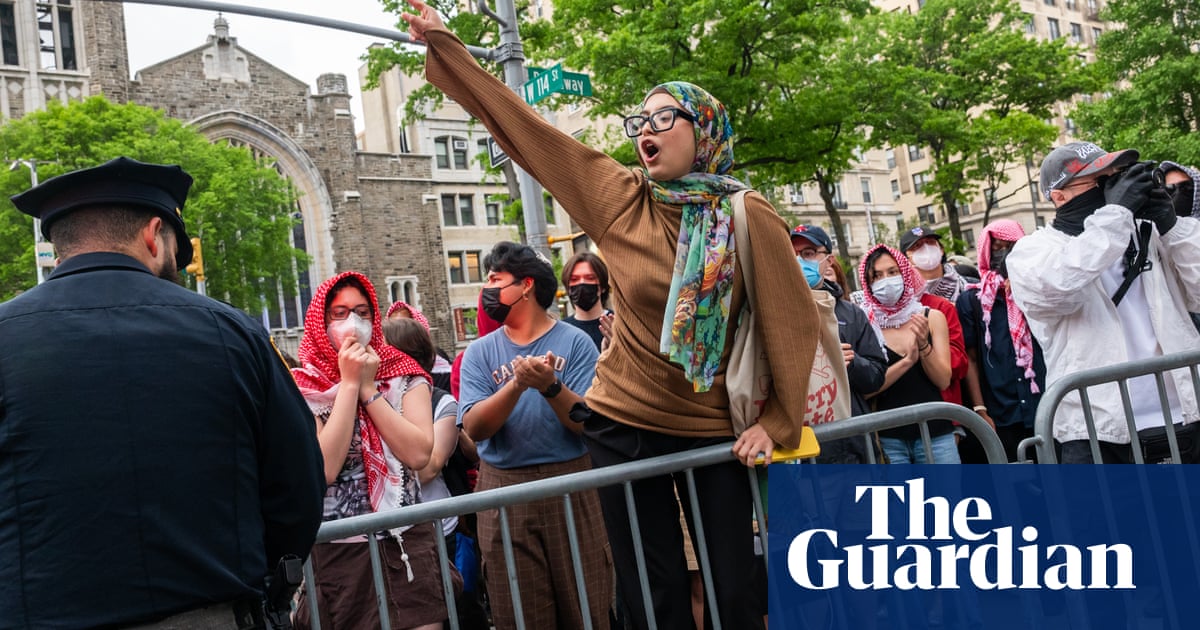First he ditched the grey hoodie. Then he grew out his curls. Now Mark Zuckerberg is shifting the styling focus to his left wrist. Announcing changes to Facebook and Instagram’s factchecking programmes on Tuesday, the Meta boss wore a $900k (£740k) watch from the Swiss brand Greubel Forsey. Hand made using white gold, only three are created each year. It joins Zuckerberg’s growing horological collection including a $1.2m rose gold timepiece from Patek Philippe and the thinnest watch ever made.
But while an accessory with upwards of a six figure price tag may be something only tech billionaires can afford, Zuckerberg is tapping in to a growing trend: the return of the mechanical wristwatch. The trend is being fuelled by gen Z (those born between 1997 and 2012), many of whom have never worn a wristwatch before, typically using their smartphone to keep track of the time.
A spokesperson for Depop says: “In the midst of so much uncertainty, we’re seeing a movement towards simpler, more traditional aesthetics that create a sense of nostalgia and familiarity.” The secondhand fashion platform has experienced a 34% increase in searches for watches in the past month. “In a world where most of us are glued to our phones, an analogue watch exudes a steady familiarity and classic style that blends both fashion and functionality.”
When Apple launched its first smartwatch in 2015 there were claims that it would kill the entire Swiss watch industry. But as it approaches its 10th birthday, sales continue to decline as smartwatches are being shunned for old-school timepieces.
On TikTok, users spotlight their favourite brands and styles spanning everything from five-figure “entry level” Rolexes to Casio’s classic metal A168, which hovers around the £60 mark. Forty-two years after Swatch first disrupted the traditional Swiss watch market with its colourful, plastic casings and low price points, the retro brand is now being championed by hypebeasts thanks to an ongoing collaboration with Omega. During the first release of its limited edition MoonSwatch in 2022, riot police were called to manage crowds outside some stores. Its most recent drop sold out within minutes, fetching up to 20 times its original value on resale platforms.
Wristwatches are also being championed on the red carpet. A luxury watch ambassador is one of the most lucrative roles in Hollywood. At the recent Golden Globes, Nicole Kidman accessorised her backless Balenciaga gown with a vintage 1920s Omega diamond-encrusted wristwatch, while Michelle Yeoh wore a chain link style from Richard Mille. The actor Paul Mescal, known for his love of tiny shorts, has also been pictured wearing a miniscule Cartier Tank watch measuring just 24mm x 16.55mm.
Eric Macaire, executive director of global buying at the Watches of Switzerland Group, an international retailer with a brand roster including Rolex and Cartier, says its gen Z clients look for Swiss-made watches, recognised brand names and sustainability attributes. He says: “Younger people tend to be at the start of their journey into collecting watches, often making their first or second purchase and they would concentrate on sub-£5k price points.”
Of course, wristwatches come heavily status-coded – and say a lot about the wearer. This is reflected in shows such as Industry where Pierpoint trader Rishi Ramdani buys a Rolex with his first compensation package. Emmanuel Macron was previously spotted removing his luxury watch during a television interview. Meanwhile, the former British prime minister Rishi Sunak favoured vintage watches from Rolex and Chopard, while Keir Starmer wears a rubber-strap watch from Tissot.
Now there are reports that even those at the very top of the chain in the City are shunning luxury brands for more humble timepieces. Warren Halliwell, content and campaign manager at Casio, says the company has experienced a massive surge in interest in the past three years. The brand, which was founded in Tokyo in 1946 and sells watches from £6, counts everyone from Microsoft billionaire Bill Gates to the rapper Tyler the Creator as fans.
after newsletter promotion
Halliwell says it now appeals to a cohort of gen Z who want a less obvious signifier of wealth. “They reject the idea of wearing expensive things,” says Halliwell. “They want something authentic rather than something that says I have more money than you.”

 3 months ago
62
3 months ago
62













































